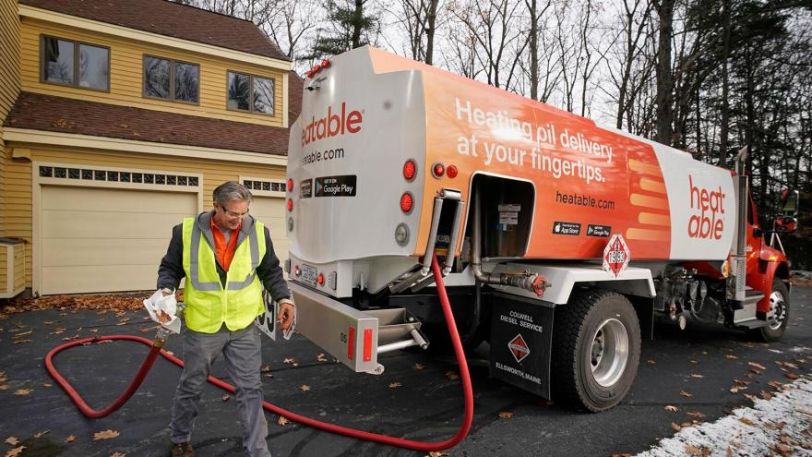The Biden administration is allocating $4.5 billion in federal funding to help many Americans this winter as they prepare for yet another year of exorbitant energy costs.
According to the Department of Health and Human Services, the Low Income Home Energy Assistance Program, or LIHEAP, receives funding from regular congressional appropriations, additional emergency funding included in the continuing resolution passed in September, and $100 million from the bipartisan infrastructure law passed last year.
Distributed to states, territories, and tribes, LIHEAP funds are used to assist individuals in paying for their home heating and cooling expenses, resolving debts, and making energy-saving improvements to their homes, which will eventually result in lower utility bills.
According to the agency, more than 5.3 million households were served in the most recent year.
However, advocates said that more money is required. According to Mark Wolfe, executive director of the National Energy Assistance Directors Association, the cost of heating a home this winter is at its highest level in more than 15 years.

“While the additional funding will help to offset at least some of the increase in home energy prices this winter, I am very concerned that the additional funding for LIHEAP will not provide the states with sufficient flexibility to help families address higher prices due to the continuing instability in global energy markets, especially if it is a colder winter and the cost of home energy goes even higher,” he said.
Higher Costs For All Types Of Home Heat
An Energy Information Administration report published last month predicted that the average cost of heating a home with natural gas this winter would increase by about 28% to $931. Based on the predicted slightly colder winter, the projections were made.
If you heat with oil, your season’s cost will be $2,354, which is a 27% increase. The cost of heating with electricity is anticipated to increase by 10% to $1,359, while the cost of heating with propane is anticipated to increase by 5% to $1,688.
These price hikes are in addition to the significant price increases from the previous winter.
More Funds For Home Energy Upgrades
According to the Inflation Reduction Act, which was passed in August, the Department of Energy announced on Wednesday that it will give nearly $9 billion to states and tribes for home efficiency programs.
According to a White House fact sheet released on Wednesday, the new rebate program could assist up to 1.6 million households upgrade their homes and apartments to reduce energy costs, including by installing up to 500,000 heat pumps and carrying out extensive building retrofits through insulation and electrical wiring.
This is in addition to the estimated 700,000 homes that will be weatherized with the expanded Weatherization Assistance Program under the bipartisan infrastructure law.
Now that the Inflation Reduction Act funds are available, states can start developing programs to give them to families.
Reference: https://edition.cnn.com/2022/11/02/politics/biden-liheap-winter-heating-assistance/index.html
